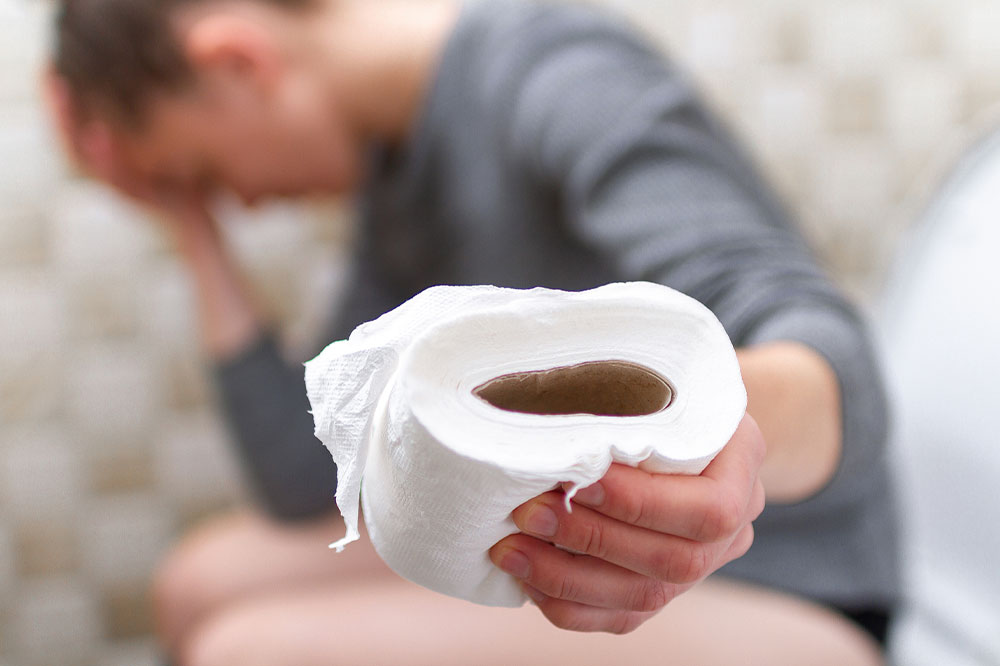6 common mistakes that can worsen constipation

Just like cleaning one’s surroundings is necessary to prevent waste accumulation, one’s body must also destroy toxins and undigested matter to ensure health and well-being. Constipation is a significant health issue today, with about 16% of adults worldwide showing signs of the condition. Although not life-threatening, severe constipation can cause complications like fecal impaction, hemorrhoids, and bowel incontinence. Some common mistakes to avoid to manage constipation and its symptoms are discussed below.
Excessive soluble fiber intake
It is important to understand the difference between the two types of fiber: soluble and insoluble. Soluble fiber, found in foods like lentils, barley, beans, oats, and bran, forms a gel-like substance in the stomach, which delays digestion and is helpful for individuals grappling with diarrhea symptoms. However, too much soluble fiber can worsen constipation. Therefore, individuals who are constipated should limit their soluble-fiber intake and increase their proportions of insoluble fiber, which does not convert to a gel-like formation and moves faster through the digestive system, preventing constipation. Insoluble-fiber sources include broccoli, cabbage, cauliflower, leafy greens, blackberries, and potatoes.
Depending on laxatives to pass stools
While laxatives may help prevent constipation, studies indicate that they can cause damage to the nerve cells in the colon. Moreover, the intestines may eventually lose muscle and nerve response due to repeated use of laxatives, increasing one’s dependency on them. Therefore, it is best to avoid laxatives, focus on leading a healthy lifestyle, and follow a balanced meal plan rich in vital nutrients to prevent constipation.
Leading a sedentary lifestyle
Lack of body movement can slow down the process of food’s passage through the colon, leading to or worsening constipation. Workout relaxes the large intestinal muscles, increasing movement in the digestive tract. Exercises like running, swimming, brisk walking, aerobics, dancing, and other cardio workouts can play a crucial role in preventing constipation. A sedentary lifestyle, wherein individuals spend long hours sitting before their laptops or computers during the day, can contribute to health conditions such as constipation. Walking for 10-15 minutes at regular intervals can also help ease constipation and promote regular stools.
Not using the toilet when required
The body usually provides signals indicating that the bowel needs to be emptied. However, ignoring such urges can cause such signals to diminish with time. Therefore, it is important to listen to one’s body and empty the bowel when necessary, looking for a public restroom if needed.
Excessively intake of refined carbohydrates
Refined carbohydrate sources like white rice and refined flour are deprived of nutrients and fiber, resulting in a fine texture but adding no nutritional value. Therefore, a meal plan loaded with refined carbs can trigger constipation. So it is best to avoid or limit one’s intake of refined carbohydrates, replacing them with healthy complex-carb sources like multi-grain bread, brown rice, and starchy vegetables.
Not staying hydrated
One of the most common constipation mistakes is lack of hydration. The large intestine naturally absorbs water from stools. Hence, in cases of a lack of bodily fluids, the large intestine absorbs all the water from stools to prevent dehydration, causing hard stools and constipation. It is ideal for women and men to drink about 2.7 and 3.7 liters of fluids daily, respectively.







